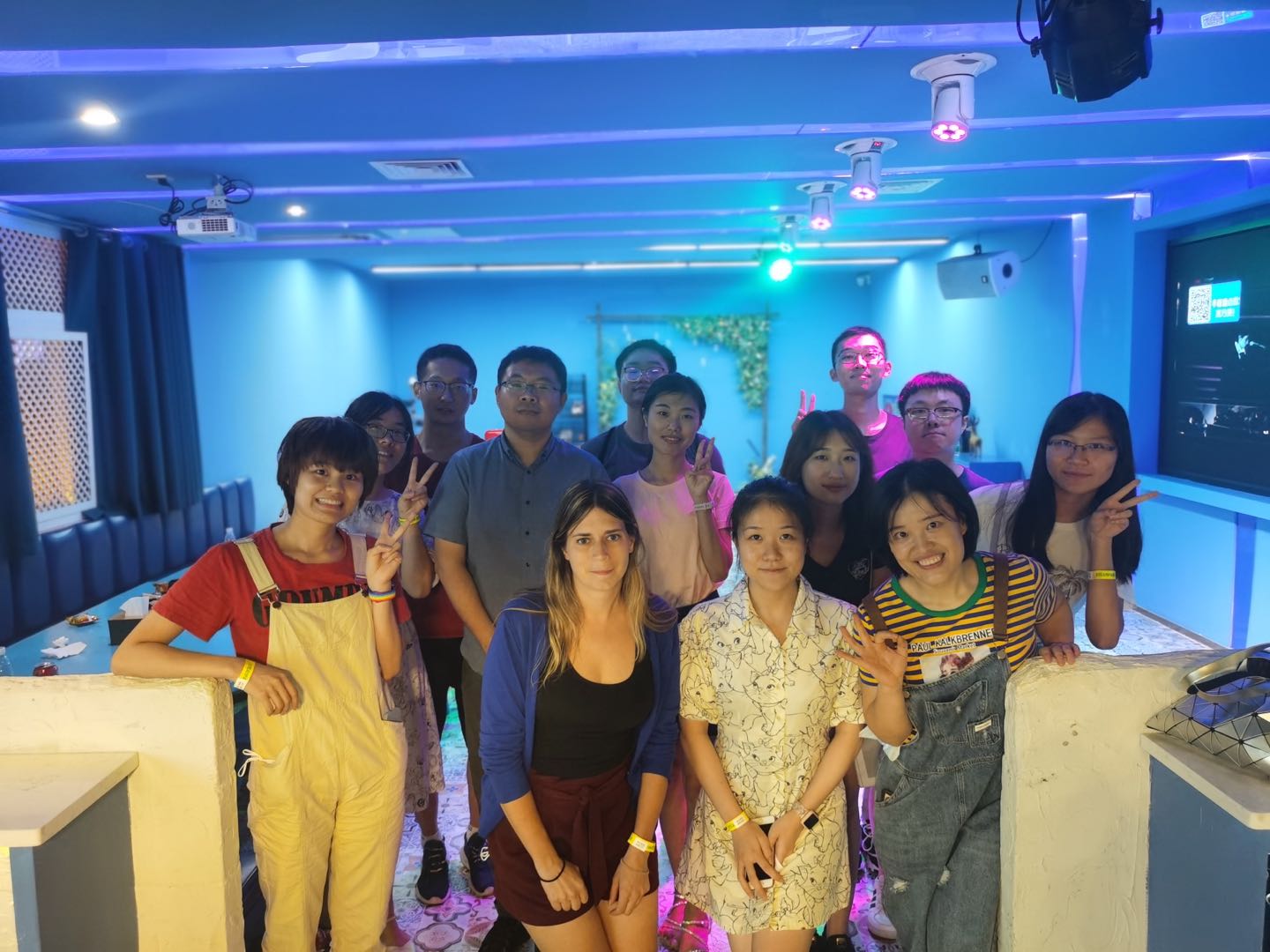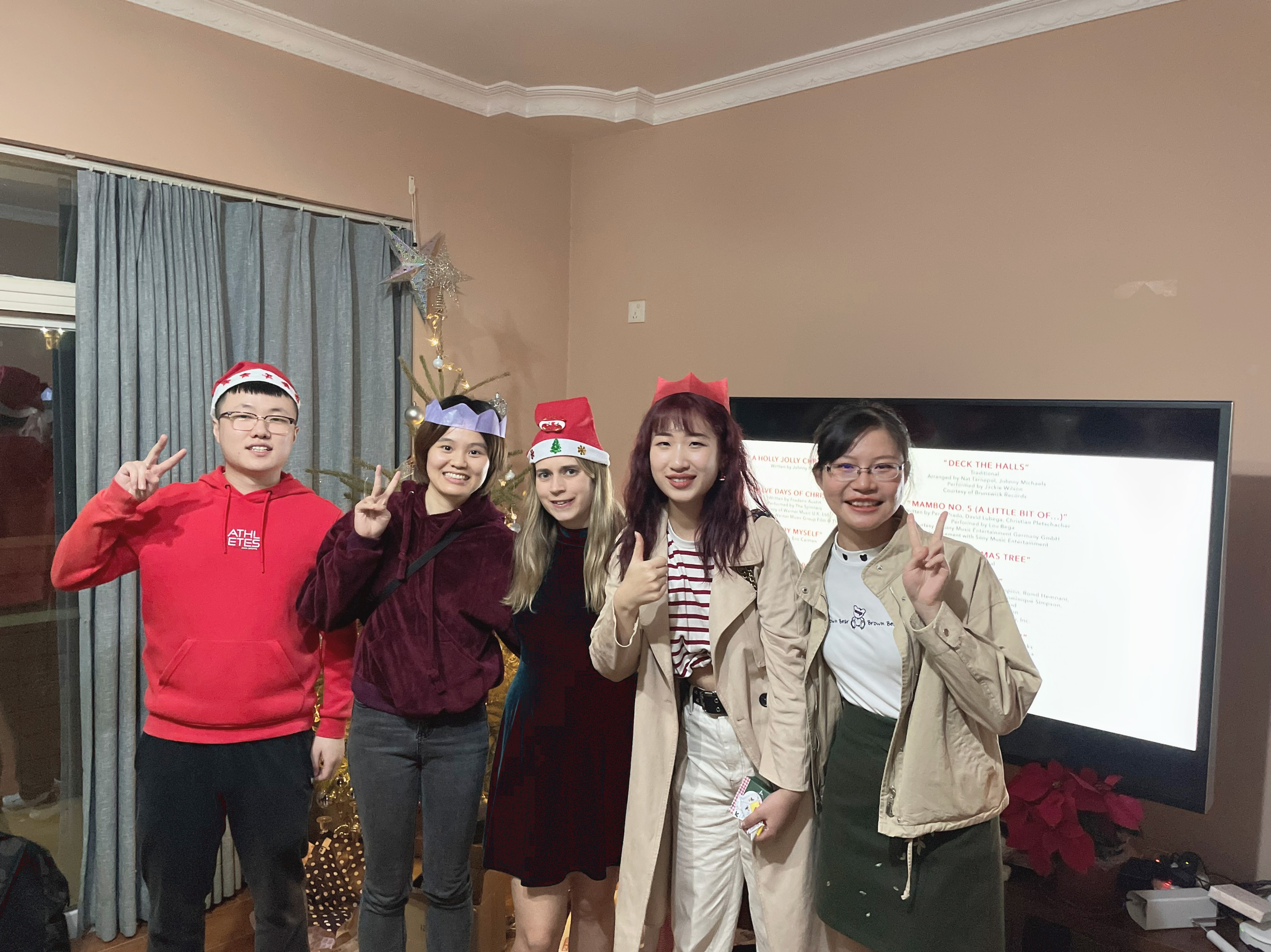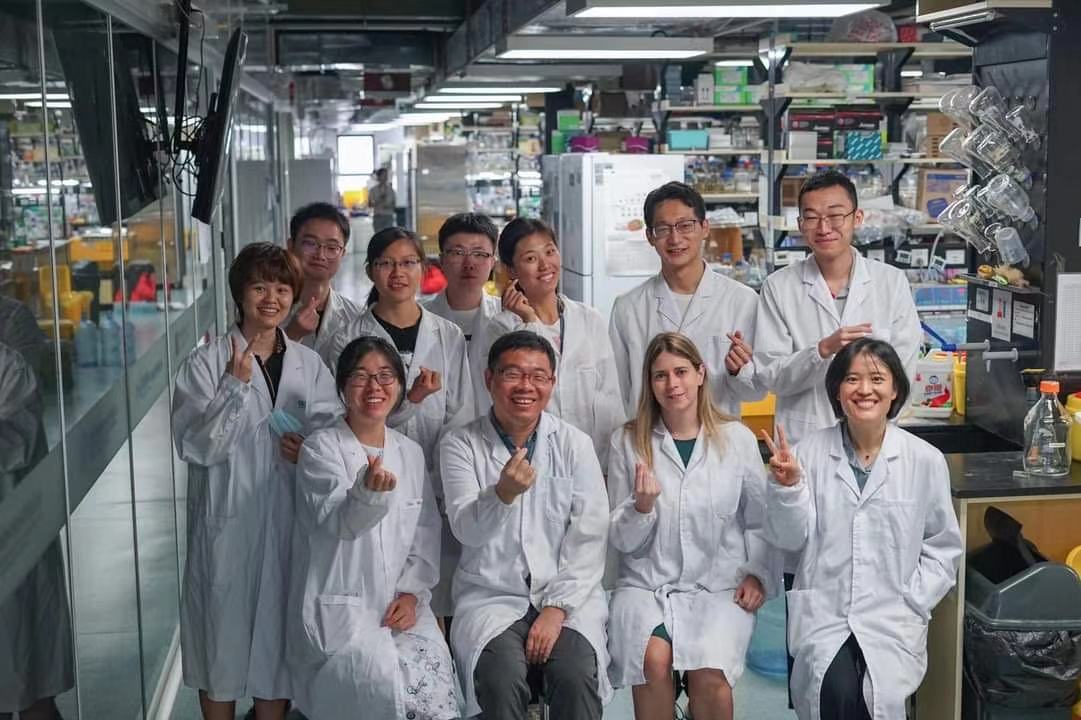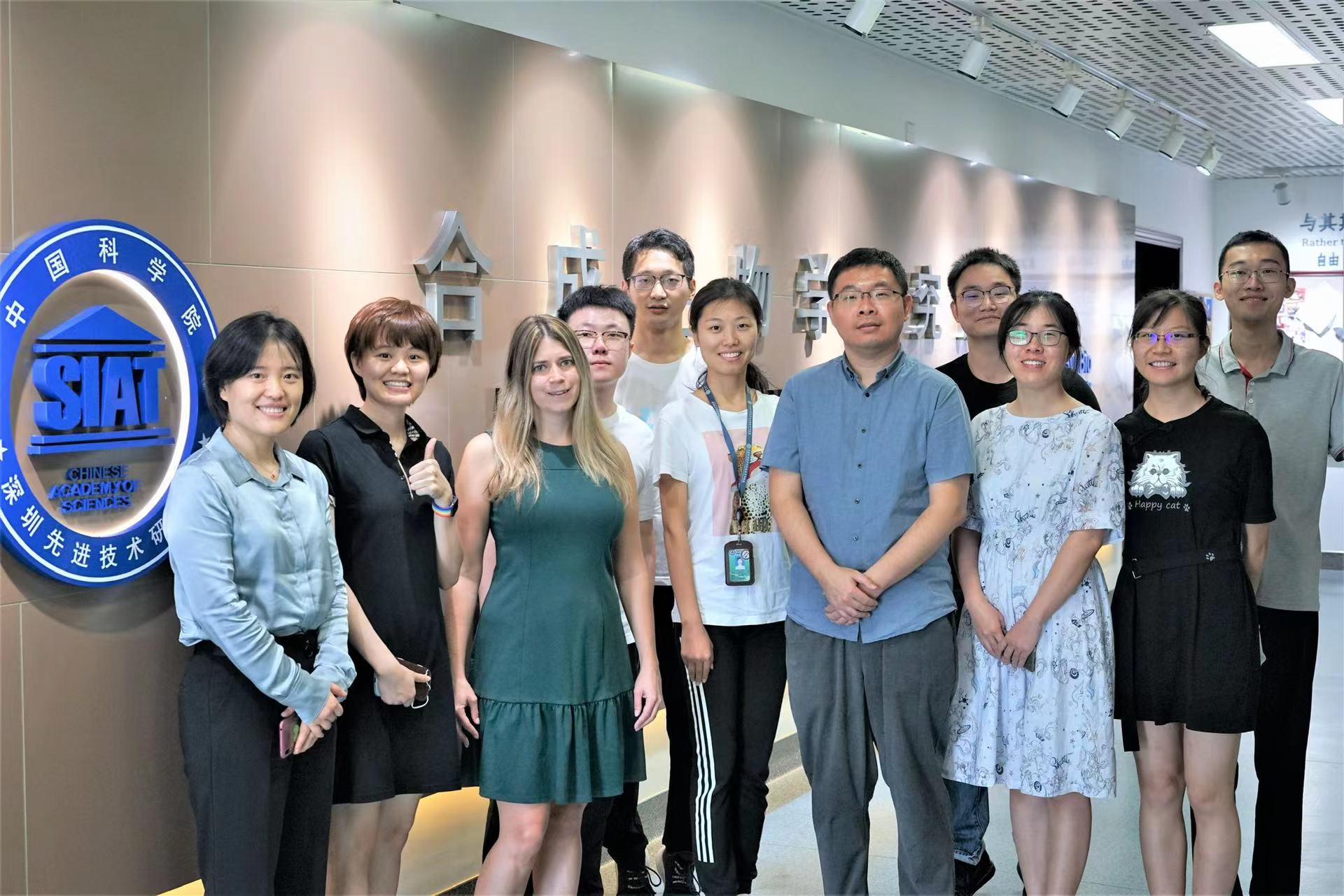Science is Essentially International
Date:01-06-2022 | 【Print】 【close】
What originally attracted me to study science was a desire to understand the world as it is. Science is universal and it is that universality that allows us as scientists to be able to collaborate with colleagues around the world. The renowned physicist and chemist, and a personal role model of mine, Marie Curie, stated: "After all, science is essentially international, and it is only through lack of the historical sense that national qualities have been attributed to it."
It is important to remember and foster the global nature of scientific research and coming to SIAT has allowed me to do that.
It is important to have an international perspective
During my university studies in Canada, I was fortunate enough to work in an international environment. Our department and in particular, the lab where I completed my PhD allowed me to regularly work directly with international students, post-doctoral fellows and visiting researchers. I also worked closely with collaborators in Russia, Germany, China and the United States and I appreciated the vibrancy and different perspectives of an international environment. It continuously reminded me that the quest for understanding the world is universal and overall just made daily life more interesting. Notably, during my PhD I had several lab mates and a roommate from China who initiated my interest in Chinese language, history and culture. I really admired their ability to come to Canada and complete studies in English and adjust to a completely different culture, language and work environment. I was inspired to do the same in reverse for my post-doc and so I decided to come to China.
Came to China by the support of CAS-PIFI
I am grateful for the opportunity to work in China afforded by the CAS-PIFI international postdoctoral fellowship and the Shenzhen Institute of Advanced Technology (SIAT) of the Chinese Academy of Sciences. It has provided me with the unique experience of being able to live and work in Shenzhen, an exciting high-tech city nestled between the ocean and green mountains.
The lightshows at night on the buildings in the Futian CBD are parallel to none and it really is wonderful to have so many green spaces in the city. There are so many mountains and hiking trails within the city itself and the beach in Dapeng is no more than two hours away, which has allowed me to frequently sail on the weekend, a lifelong hobby of mine.
I even managed to join a weekend regatta series. All this is why when I first visited Shenzhen in 2018. I was determined to come back and explore it more. This is partly what motivated me to apply to work at SIAT. The second factor was that China is a leader in synthetic biology and I was curious to explore this innovative and new rapidly-growing field. The Institute for Synthetic Biology at SIAT is also relatively new and rapidly growing and seemed like the ideal place to do this. My background in biochemistry and glycobiology meant that I had enough background knowledge to easily transition to synthetic biology while still having room to learn new things.

Diana Czuchry enjoying various outdoor activities in and around Shenzhen. (Photo by Dr. Czuchry)
People from different backgrounds and life experiences can bring unique perspectives
I am much obliged to Dr. LI Nan for taking a chance on me and welcoming me on his team and in Shenzhen, as well as for his mentorship and guidance. Despite the language barrier, the laboratory environment and techniques used were familiar and it was nice to see how easily they transvered across the Pacific Ocean.

Prof. LI Nan and his team member having have dinner together. (Photo by SIAT)
However, it was at times difficult to navigate life and working in China, as well as a language barrier, and Dr. LI and my colleagues provided the necessary help and guidance, which required a lot of patience and understanding on their part. While it was at times difficult to understand each other and figure things out, we learned a lot from each other and shared a lot of fun memories. Some of my lab mates even came over to celebrate Christmas and eat turkey. Apart from everything I have gained in terms of cultural and life experience, I was also able to grow in terms of scientific experience. Through my work under Dr. LI, I discovered the exciting world of metaproteomics and got to work with a novel technique for discovering new enzymes in a targeted fashion, which will result in a publication.

Some lab members celebrating Christmas together. (Photo by Dr. Czuchry)
I believe that more international cooperation is what the future needs to truly advance science and help it to reach its fullest potential and to further progress collectively as a human race. People from different backgrounds and life experiences can bring unique perspectives, and by combining those different perspectives, we gain varied approaches to tackle important scientific questions and problems and increase our chances of success. The scientific community has always been international in nature and scientific research is a global endeavor. This universality is what allowed me to complete a postdoc in China. My time working in China has broadened my perspective and has proven to be an invaluable experience. For the future of scientific discovery and human progress, I hope the value of international exchanges and collaborations continue to be recognized and sought after.


LI's Lab group photos taken as part of the Synthetic Biology team. (Photo by SIAT)
Media Contact:
ZHANG Xiaomin
Email:xm.zhang@siat.ac.cn